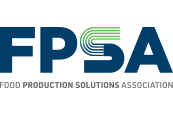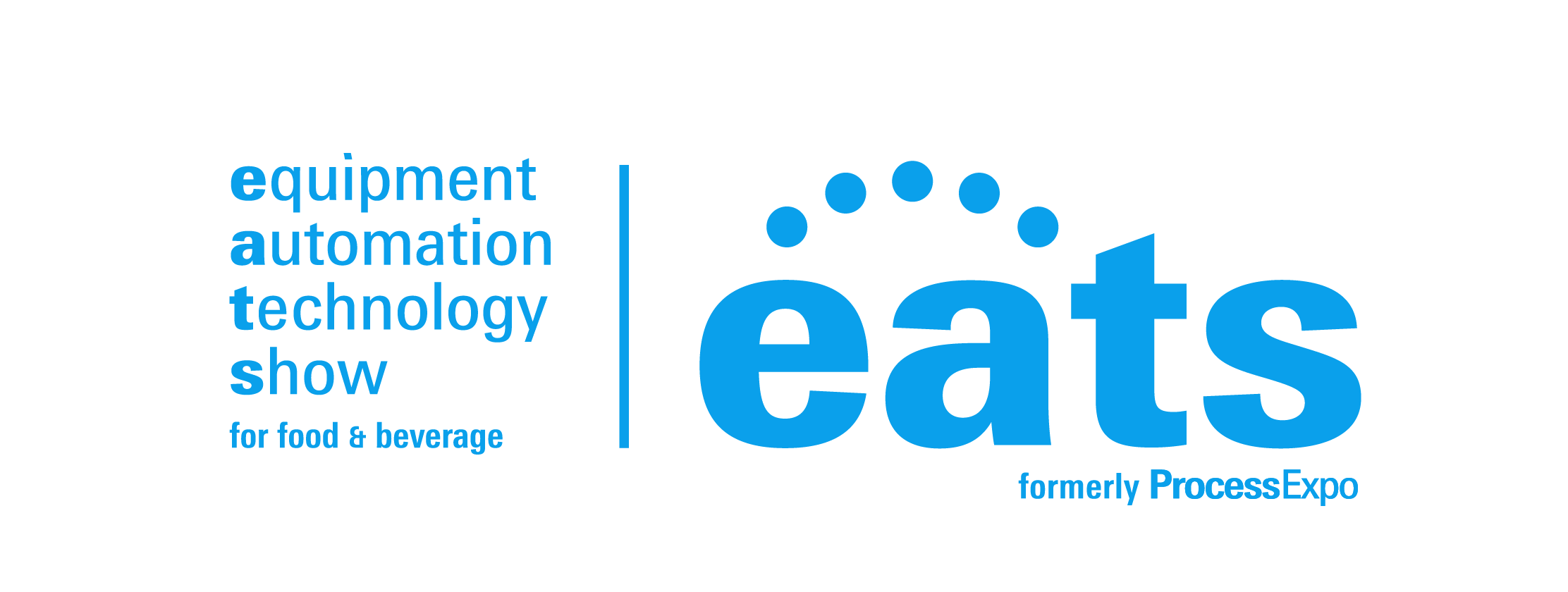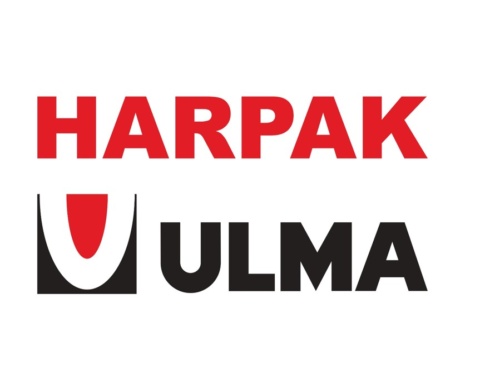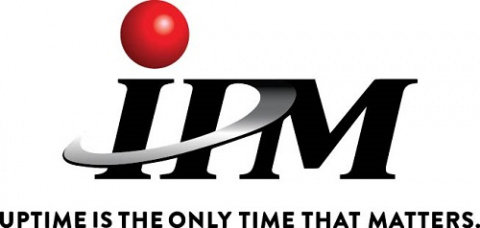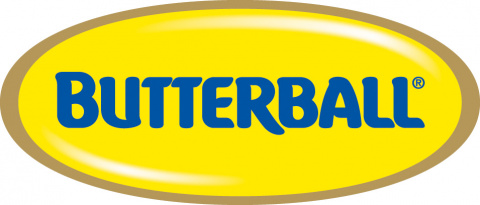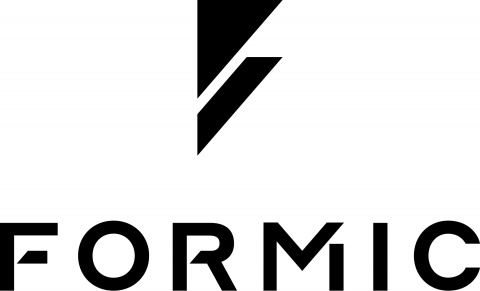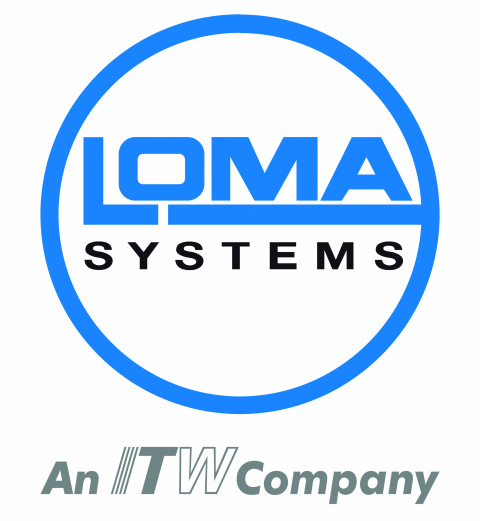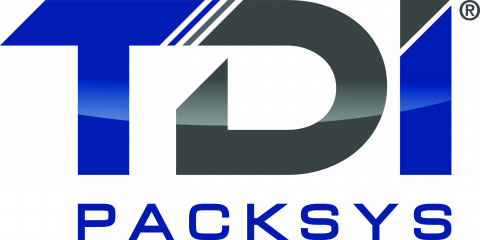

The European Commission has opened a call for evidence relating to food and feed safety legislation.
The move is in response to stakeholders and member states asking for reduced administrative burdens, improved legal clarity and increased efficiency of regulatory procedures, while still ensuring a high level of food safety in Europe.
The aim is to simplify, clarify and modernize legislation in areas such as plant protection products, biocidal products, feed additives, hygiene requirements and official controls at EU borders.
Action is part of broader plans to decrease unnecessary regulatory burdens while maintaining high standards for food and feed safety, for human and animal health, and for environmental protection.
Pesticides and BSE focus
Input from farmers, trade groups, food businesses, manufacturers and importers, national authorities, NGOs and research institutes was encouraged and can be provided until Oct. 14.
The initiative proposes actions in several areas such as clarifications related to terminology and transitional measures for the setting of maximum residue levels for pesticides and the modification and renewal of authorizations; as well as notification procedures for national hygiene measures.
It also includes the Bovine Spongiform Encephalopathy (BSE) surveillance and risk management framework; flexibility in official checks of plants at border control posts; accreditation requirements for reference laboratories; and more targeted pesticide application by drones under safe conditions.
Current rules on BSE have been called “outdated” and limit the EU’s ability to respond swiftly to new risk assessments, scientific developments and international standards. As the level of disease risk from BSE has fallen, the surveillance requirements, rules on specified risk materials (SRMs), and trade restrictions on certain commodities are no longer proportionate. This imposes unnecessary burdens on authorities and food businesses, creating regulatory and operational challenges, said the EU Commission.
Border controls and lab tests
Under official controls regulation, border control posts cannot release the compliant part of a consignment if another part needs further checks, leading to unnecessary delays. Also, accreditation rules for reference labs are too rigid and do not consider the needs of areas like plant pests or feed additives, causing compliance issues.
Introducing an option for partial clearance of consignments of plants and plant products would simplify border control procedures, while operators would avoid the financial consequences associated with delays in trade and destruction of perishable goods.
For reference labs, full accreditation for every analysis method can be costly and time-consuming, especially for new or rarely used techniques. This can slow down urgent responses to emerging challenges. Exemption from accreditation requirements would encourage the development of new methodologies while maintaining fundamental quality standards, said the EU Commission.
The EU Commission said it will monitor the use of new flexibilities for partial consignment release and, for BSE, it will look at data related to testing volumes and updates to SRM procedures.
(To sign up for a free subscription to Food Safety News, click here.)
